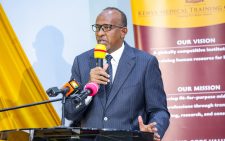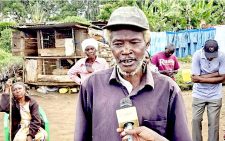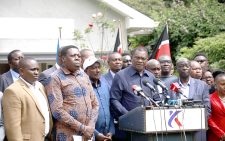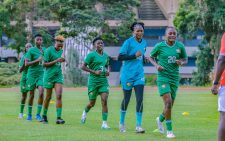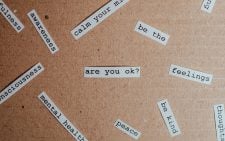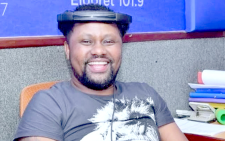My son’s recovery after birth asphyxia led me to help others mothers
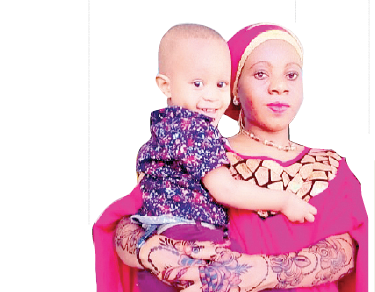
Nearly one-half of new-born deaths occur during the first 24 hours after birth. Many of these are associated with extremely premature infants. Respiratory depression or asphyxia; a lack of gas exchange that prevents removal of carbon dioxide and entry of oxygen into the body, can also be a factor. This makes the first cry of a child after birth very critical to initiate successful transition from foetal circulation, where the baby is completely dependent on the mother and placenta for air, to life outside the womb where the baby must use its own lungs to sustain life.
The first minute of life has been called one of the most dangerous, because in those 60 seconds an infant must inhale for the first time, causing millions of tiny air sacs to open and fill with air. Most new-borns do it naturally and quickly and the baby’s cry marks a healthy start of respiration. If the baby still isn’t breathing, respiration is artificially initiated with a positive pressure bag and face mask. And this was the emergency situation that Mariam Gao, a Mombasa based journalist and mother of one found herself in when her son was born in January 2020.
“My pregnancy period had presented so many challenges, such that by the time I went to deliver my son, I did not have enough blood in my body. During the delivery process, I ran out of strength and the baby also was worn out. So, he did not make his first cry, which is medically said to be critical. He was put in the nursery where I would go check on him routinely,” shares the young mother.
A month and half after leaving the hospital nursery, she was worried that there was still very minimal improvements to the baby’s condition, especially very minimal body movement and this terrified her. She had to call the doctor who instructed her to bring the baby back to the facility for urgent check-up.
Something was wrong
“My concerns and fears were right, something was truly wrong with my baby. They immediately started him on special care, which included body therapy. We would have the therapy twice a week for a few months, which started to reduce periodically as he improved. All this time I had not talked to the doctor to understand exactly what had happened. When we finally did, he informed me that the birth asphyxia would have caused my child cerebral palsy if I had not come to the hospital sooner,” she says.
While it has been debatable that birth asphyxia can contribute to cerebral palsy, evidence has suggested that most cerebral palsy cases are caused by prenatal factors and that the role of birth asphyxia is relatively small. However, other studies have shown that birth asphyxia is one of the main causes of cerebral palsy, accounting for more than 30 per cent of cases, and Mariam’s son survived it to full recovery after therapy.
While trying to research and learn online how to specially care for her son, she bumped into KidsCare-Kenya, a non-governmental organisation based in Lunga Lunga, Kwale County committed to helping orphans and vulnerable children including special needs children. She was eager to meet and speak to other mothers and share the knowledge she had gained from different platforms.
“The organisation was located in my home area. Being a village, I know how different things are here. For instance, a lot of people still associate disability with witchcraft. Which I have thought to be very wrong and backwards. I wanted to change this myth so they can understand what really causes this situation in children. A lot of expectant mothers give birth at home while others don’t go for their pre-natal clinic check-up during pregnancy; they see it as a waste of time, which is pure ignorance. It is important to monitor your child’s development while still in the womb,” Mariam explains.
While she had been able to financially facilitate her son’s medical care, she knew how exhausting it could also get, and, especially for the mothers that were not financially enabled. KidsCare-Kenya provided her an opportunity to join in to encourage women, while also trying to work with the organisation to provide sustainable opportunities for the mothers.
Importance of prenatal care
“I want expectant mothers to understand and take seriously the importance of prenatal care. The organisation provides all of these services for free. As a parent who has gone through these challenges, I am motivated to create awareness because I know it could save another child and another and that is the difference that counts. Breaking the myths associated with cerebral palsy while encouraging parents not confine these children at home, because they have rights to education just like other children, has been her major clarion call. It is their right. It does not stop at therapy. Our organisation is also working with several schools within the county, to not only build, but also fully equip learning units for children with special abilities,” she shares on her mission.

